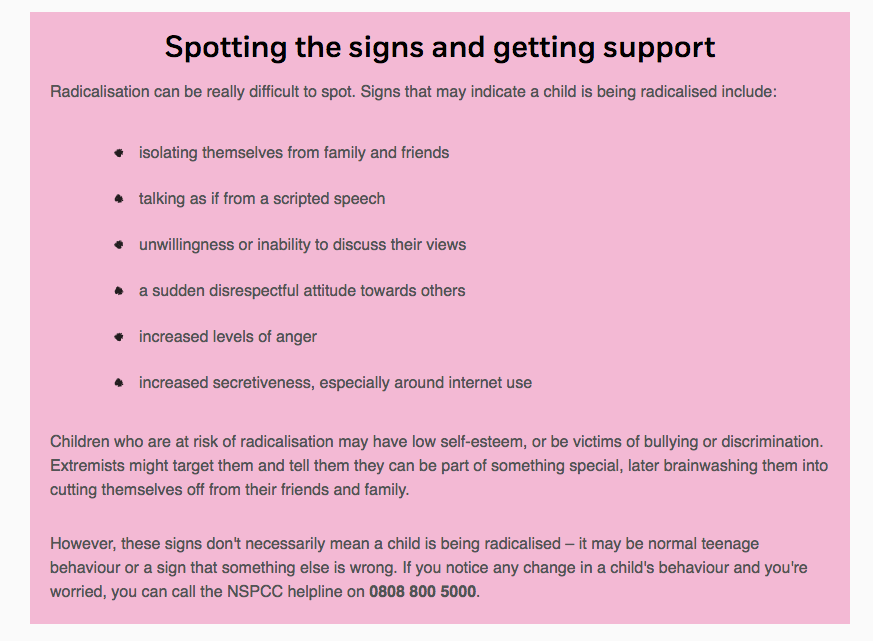Safeguarding for Adults
Leamington Community Primary School is committed to safeguarding children and promoting children’s welfare and expects all staff, governors, volunteers and visitors to share this commitment and maintain a vigilant and safe environment. Everyone has a responsibility to act without delay to protect children by reporting anything that might suggest a child is being abused or neglected. It is our willingness to work safely and challenge inappropriate behaviours that underpin this commitment. The school seeks to work in partnership with families and other agencies to improve the outcomes for children who are vulnerable or in need. We believe that all children have the right to feel safe and protected from harm in an environment, which values and respects each child as an individual.
Advice for parents
Liverpool have a Safeguarding Children’s Partnership – LSCP – who deal with all serious child protection concerns where a child is considered to be at risk of significant harm.
Their website can be accessed at:
Liverpool Children’s Safeguarding Partnership (LSCP)
Alongside our own policies and procedures, see below for information from other sources that are posted to give advice, facts and resources to support parents and carers to help protect their children.
Summer Edition Liverpool Parenting Newsletter July – September 2023
E-Safety
The internet has become an integral part of children’s lives. A world has opened up which offers many positive opportunities.
Children start using computers from a very early age and are increasingly using the Internet more and more whether it is at home, in school, on their mobile phones or on a games console. With this in mind, Internet Safety and knowing how to help protect children and young people online is essential.
Just as we want to keep our child safe in the real world, we will want to do the same in the virtual world. It is important that we understand enough about the Internet to keep our children safe from harm but is equally important that we equip our children with the skills they need to keep themselves safe so they can experience the Internet positively and responsibly.
Every November and February, linked to national events like e-Safety Day, we focus on specific e-safety in every year group. We also cover e-safety through our Digital Literacy taught through our Teach Computing curriculum as well as PSHE. We regularly train staff on e-safety and offer workshops for parents at least once per year. Please see our Online safety page for advice about keeping your child safe online or, if you have any concerns at all, please feel free to come in to school and we will be happy to help.
Setting up Parental Controls
Reporting
There are 2 types of threat:
1. Hypothetical.
This could be expressing disagreement by making non-serious threats which are highly unlikely to be carried out. These would not normally go against community standards on social networking sites unless there are other factors to be considered.
2. Credible.
When a threat poses real life danger, putting someone at immediate risk of harm e.g. a threat to life. These types of threats should always be reported as an emergency to the police. Other threats of this kind could be “outing” someone’s behaviour to blackmail them. They may be used to coerce someone into doing something they don’t want to e.g. sending an intimate image or another behaviour they may later regret.
Find out how to report threats to commonly used social networking sites below:
A parent and carers introduction to Asking The Awkward
Unsure where to start? ThinkUknow’s introduction to Asking The Awkward helps you to prepare for regular conversations with your child about online relationships and related topics. It also offers advice on how to keep conversations positive and what to do if your child tells you something that worries you.
Child Sexual Exploitation
Child Sexual Exploitation (CSE) is a form of sexual abuse which sees children/young people being manipulated or coerced into sexual activity for receiving ‘something’ such as; gifts, money, food, attention, somewhere to stay etc.
Technology is very often used to groom victims. This may occur through social networking sites and mobile phones with internet access.
CSE has gained a large amount of media attention over the last year as lots of services involved with children and young people have noticed a big rise in cases involving CSE. Charities such as NSPCC and Barnardos have been campaigning to raise the profile of this form of child abuse. Information regarding CSE can be found here below.
- PACE e learning resource to give parents the knowledge and information to be confident in recognising and tackling this abuse.
- NSPCC
- Barnardo’s
Domestic Abuse
Sometimes you will hear the phrase domestic abuse, sometimes domestic violence. They mean the same thing. Domestic abuse encompasses a range of abusive behaviours which are used by an abusive partner/ex-partner or family member to maintain power and control over you. Domestic abuse is not just a disagreement. It can also affect anyone, regardless of age, social background, gender, religion, sexual preference, and ethnicity.
There are many different types of abusive behaviour. It should be recognised that abuse is an ongoing pattern of behaviour, which will escalate over a period of time.
- Physical violence – such as assault Psychological abuse – such as some forms of harassment
- Sexual abuse – such as rape or indecent assault
- Emotional abuse – harm deliberately or recklessly inflicted on another person’s emotional wellbeing
- Financial abuse – where one partner maintains control over the other’s money.
- Stalking or harassment – such as following their victim, appearing at their home or workplace, repeatedly making phone calls, sending texts and emails
- Further information can be found at Liverpool City Council – Domestic Abuse
- Operation Ecompass School to Parent letter inc MFH 2024
- Operation Encompass -A Cry For Help—Children who go missing
Female Genital Mutilation (FGM)
In April 2014 every school in England received new safeguarding guidelines and detailed information on identifying and responding to Female Genital Mutilation.
FGM is a procedure carried out on young girls between the ages of infancy and 15 years of age. Female Genital Mutilation is classified as a form of Child Abuse in the UK. It therefore makes the procedure of it a serious Child Protection issue.
It is illegal for anyone to perform FGM in the UK or to arrange for a child to be transported to another country for the procedure. The maximum sentence for carrying out FGM or helping it to take place is 14 years in prison.
There is lots of information and support available online for parents/carers concerned about this subject or if you know someone who is at risk:
Contact the Police if you think that a girl or young woman is in danger of FGM and is still in the UK.
Contact the Foreign and Commonwealth Office (020 7008 1500) if she’s already been taken abroad.
The NSPCC has detailed advice on how to spot the signs, symptoms and effects of FGM and provides support for people who are concerned about a child or who have been affected themselves. See below.
Radicalisation and Extremism
Our school has adopted the Government definition of extremism as: “Vocal or active opposition to fundamental British values, including democracy, the rule of law, individual liberty and mutual respect and tolerance of different faiths and beliefs; and/or calls for the death of members in our armed forces, whether in this country or oversees.”
There is no place for extremist views of any kind in our school, whether from internal, sources (pupils, staff or governors) or external sources.
Staff and governors have completed awareness raising training. Should any parent or community member have concerns regarding extremism, please speak immediately to the Head teacher, Deputy Head teacher or our Designated Safeguarding Lead.
PREVENT is a key strand of the Government’s counter-terrorism strategy, CONTEST. Its main objective is to stop people becoming terrorists or supporting violent extremism. It’s essential to know that PREVENT operates in the NON-CRIMINAL space. This means individuals who are referred to Prevent, are supported to move away from terrorism, rather than being criminalised. This multi-agency process is called ‘Channel’.
PREVENT is a multi-agency strategy and not solely a Police initiative. It is important everyone works together to disrupt those who promote violent extremism and identify people who are vulnerable to being recruited by terrorists, so the police and other agencies can offer them support.
Further information and advice can be found at Lets Talk About it – Working Together to Prevent Terrorism.
As part of the duty to protect young people from the messages of extremism, we will refer any young person we are concerned about to the local Prevent team through the Channel process. We may also email the Prevent team to seek advice and support. Should we use the child protection referral process, we will need to complete a ‘channel form’ if there are any concerns related to extremism and radicalisation. Where we have serious concerns about the vulnerability of a young person in relation to extremist behaviour, then we will make a call to the Police on 999.
Tackling radicalisation relies, to a certain extent, on the vast majority of people who reject violent extremism and are determined to challenge it.
Prevent And Extremism
The Prevent Duty
The Department of Education has asked schools to help them safeguard pupils from the risks of extremism and radicalisation. These risks have been brought into sharp focus by recent reports of school-aged children travelling to Syria.
Schools must have due regard to the need to prevent people from being drawn into terrorism.
As such schools have been asked to draw your attention to the following websites:-
http://www.preventtragedies.co.uk – there are online resources produced by civil society groups which provide valuable advice for example “Families Matter”.
http://www.familiesmatter.org.uk – run by Families against Stress and Trauma
The School has already built information regarding this into the PHSE programme.
The NSPCC have excellent advice on spotting signs that a child may be being radicalised. Click Here.

